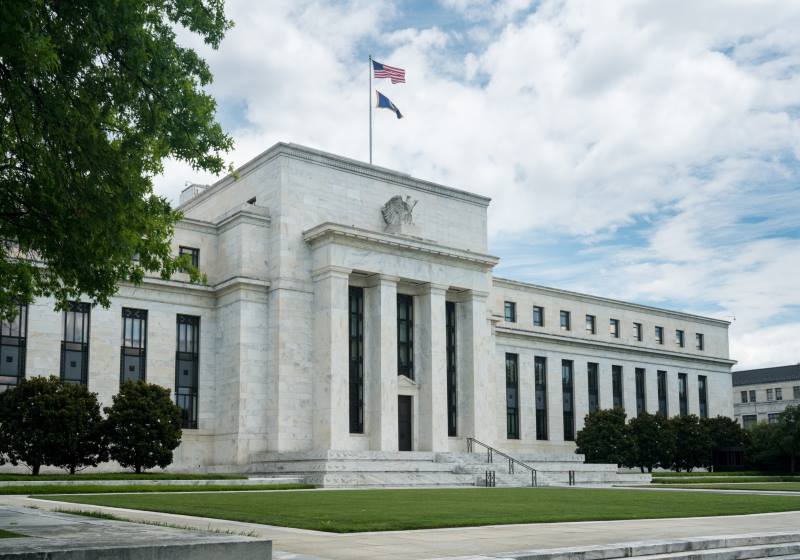Markets
Bank Regulatory Push for Executive Clawbacks Resurfaces
Bank regulatory authorities are gearing up for another attempt to enforce regulations compelling banks to claw back remuneration from executives involved in excessive risk-taking. Despite facing resistance in the past, the Federal Deposit Insurance Corp. (FDIC) is poised to unveil a revamped proposal as early as next week.
Tougher Oversight on the Horizon
The FDIC’s proposition seeks to tighten bank regulatory oversight by mandating clawbacks, eliminating banks’ discretion in the matter. Sources familiar with the situation anticipate a shift from discretionary measures to obligatory provisions, aiming to hold executives more accountable for their actions.
FDIC’s proposal enhances oversight, shifting discretion to obligation, bolstering accountability, crucial for banking integrity, according to WSJ Subscription Deals.
Industry Opposition and Regulatory Hurdles
The banking industry opposed previous attempts in 2011 and 2016. Now, multiple US agencies, including the Federal Reserve, must approve the plan before enforcing it. However, reports indicate that the Federal Reserve currently does not support the proposed bank regulatory regulations.
Silence from Regulatory Bodies
Despite the impending proposal, spokespeople for the FDIC and the Federal Reserve have chosen not to comment on the matter.
Renewed Focus After Banking Upheaval
The collapse of three major regional lenders last year sparked discussions about holding executives accountable for their decisions. Proposed regulations seek to curb risky behavior by mandating executives to delay cashing out bonuses until outcomes are clear. These measures aim to enhance responsibility and stability within the banking sector.
Details Awaited on FDIC Proposal
While comprehensive specifics of the latest FDIC proposal are not yet available, a previous iteration allowed companies up to seven years to recover pay associated with misconduct, even after bonuses had vested. The proposal may also include requirements for financial institutions to disclose additional compensation package details, potentially accessible to the public.
Long Road to Implementation
These regulations require approval from the Federal Reserve and four other regulatory bodies to pass. Each regulatory body currently holds uncertain status regarding these regulations. The Federal Housing Finance Agency, the Office of the Comptroller of the Currency, the Securities and Exchange Commission, and the National Credit Union Administration are actively involved.
Delayed Finalization Raises Concerns
Regulatory bodies, which have moved at varying paces, attribute the nearly 15-year delay in finalizing the rule mandated under the 2010 Dodd-Frank Act to the necessity for synchronization. The Dodd-Frank Act aimed to prevent financial crises like the one in 2008 by curbing excesses in the banking sector.
Anticipated Industry Opposition
Banks and financial institutions vehemently opposed past regulations and are poised to repeat the resistance. Spokespeople from the Office of the Comptroller of the Currency, the National Credit Union Administration, and the Securities and Exchange Commission refrained from commenting. The Federal Housing Finance Agency remained silent despite a request for their input.
Gain boundless financial insights through the Washington Post and Barron’s News Digital Subscription. Dive into market trends, access invaluable stock data, and stay ahead with comprehensive financial analysis. Whether you’re seasoned or starting, this resource empowers informed decisions.

